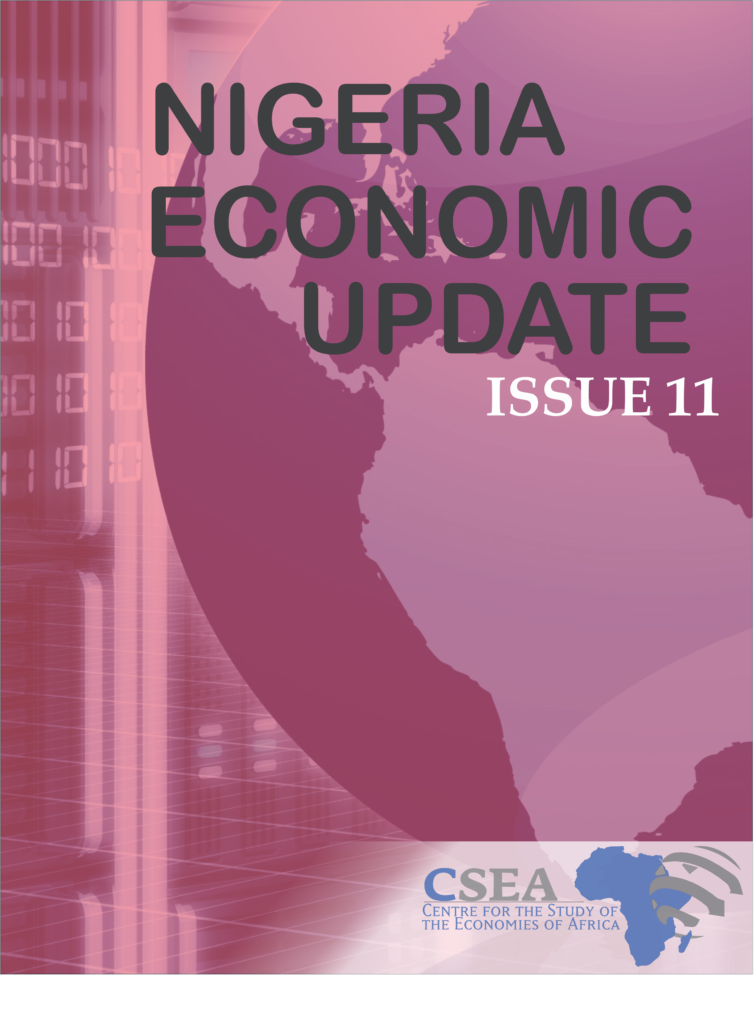Nigeria’s debt profile reached unprecedented high levels at the end of the year 2017. Figures obtained from the debt management office reveals that debt stock increased Year-on-Year by a significant 42.6 percent and Quarter-over-Quarter by 6.6 percent to N21.73 trillion as at December 20171. Domestic and foreign components of the debt profile grew to N3.35 trillion and N18.38 trillion respectively. The increased debt profile may have been triggered by domestic and foreign borrowings to fund Nigeria’s budget deficit, and excessive debt servicing costs – Nigeria serviced domestic debts to the tune of N1.48 trillion in 20172, about 29.13 percent of its total budget revenue. Implicatively, Nigeria’s debt to GDP ratio continues to increase, from 18.6 percent in 2016 to 21 percent
Macroeconomic Report & Economic Updates

March 9, 2018
Nigeria Economic Update (Issue 11)
Nigeria’s debt profile reached unprecedented high levels at the end of the year 2017. Figures obtained from the debt management office reveals that debt stock increased Year-on-Year by a significant 42.6 percent and Quarter-over-Quarter by 6.6 percent to N21.73 trillion as at December 20171. Domestic and foreign components of the debt profile grew to N3.35 […]
Read →
Related
Real GDP Growth Rate
On average, Nigerias GDP growth rate has averaged about 5 percent; attaining an unusual trough of nearly -10 percent in 2003Q4 and a peak of nearly 20 percent in 2004Q4. However, the Nigerian economy
Testing The Impact Of Foreign Aid And Aid Uncertainty On Private Investment In West Africa
The paper examines the impact
of foreign aid on private investment in West Africa and whether multilateral and
bilateral aid affects private investment differently.
